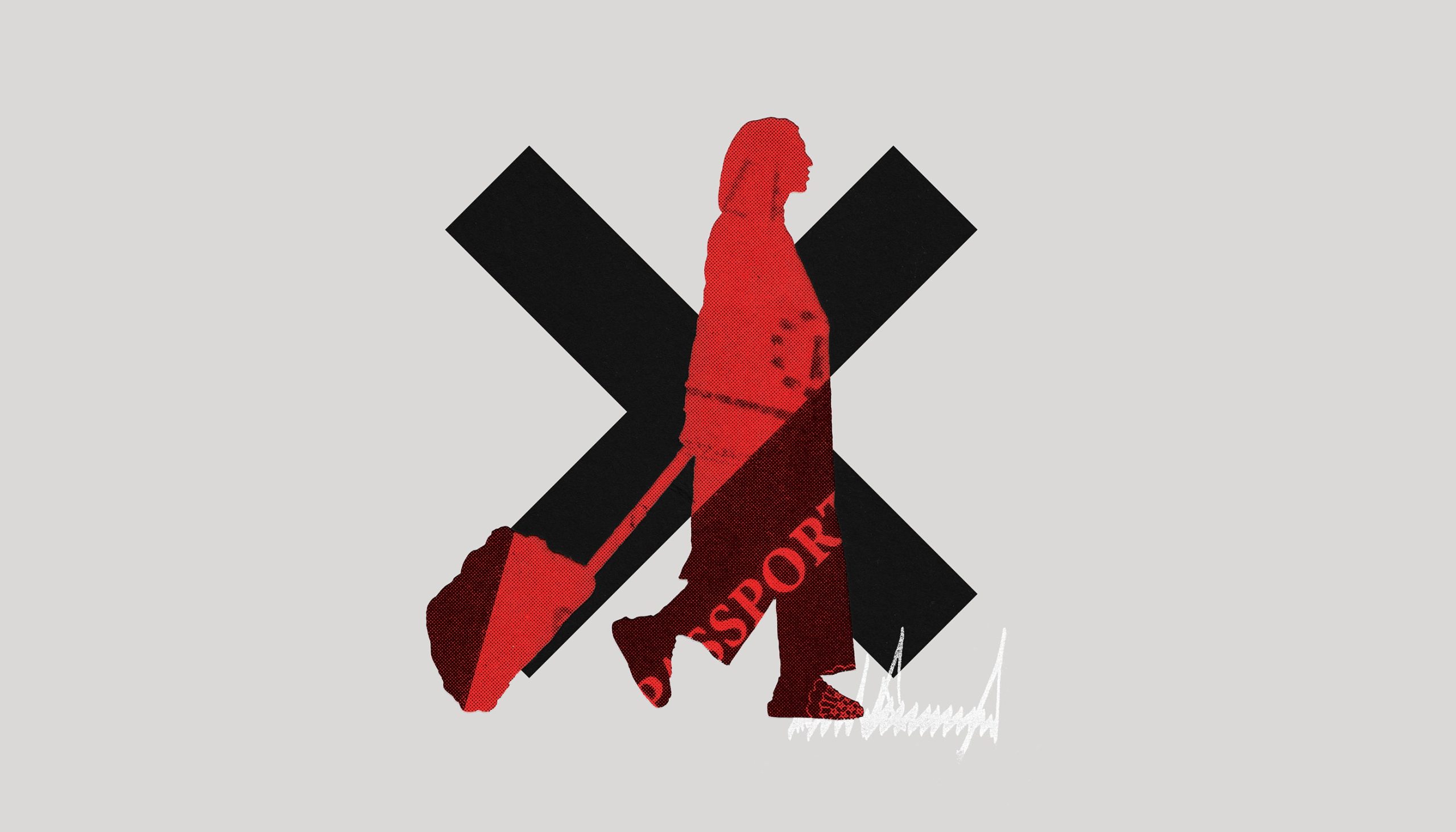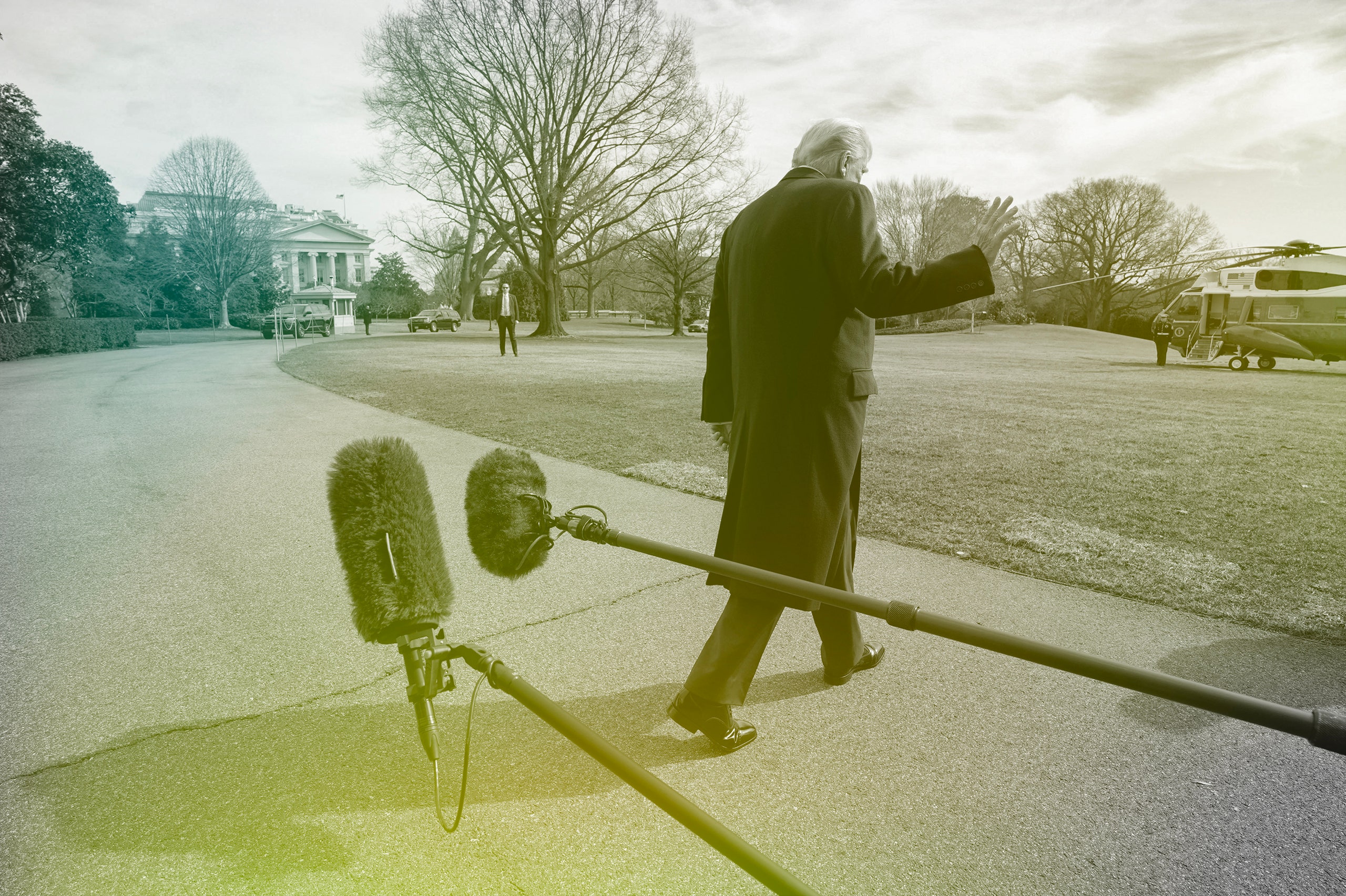Now Reading: The Bureaucratic Nightmares of Being Trans Under Trump
-
01
The Bureaucratic Nightmares of Being Trans Under Trump
The Bureaucratic Nightmares of Being Trans Under Trump

In the spring of 2022, I updated the gender marker on all my documents amidst a period of increased legal recognition for transgender individuals in the United States. The Biden Administration had recently permitted self-selection of gender on passports and introduced an option for nonbinary individuals to mark their sex as “X.” This move showcased a level of liberal tolerance, although it did not guarantee rights to transgender healthcare. While federal paperwork now allowed self-identification, several states were tightening restrictions on gender changes for licenses and birth certificates. Having faced challenges updating my birth certificate in Indiana, I had to obtain a court order to do so. Other states like Arkansas and North Carolina imposed stricter requirements, demanding evidence of a “sex change,” a term with evolving definitions. However, the situation changed with an executive order by Donald Trump, enforcing the reflection of one’s sex assigned at birth on government-issued IDs.
Some critics have pointed out that everyone is considered female at conception, with male chromosomes revealing themselves later. However, Trump’s focus on biological accuracy overlooks his disregard for biology beyond signaling his opposition to progressive ideologies. The executive order banning trans and gender-neutral passports is one of many anti-trans policies implemented by Trump, signaling a detrimental shift in civil rights. The order emphasizes a cultural battle rather than legal intricacies, promoting transphobia as a means of dehumanizing individuals. The mandate not only affects new passports but also impacts individuals renewing or amending existing documents, leading to complications and setbacks for many trans Americans.
The ripple effects of the executive order have prompted over seventeen hundred trans individuals and their families to seek legal guidance from organizations like the American Civil Liberties Union (ACLU). The ACLU has initiated legal action against the order, arguing it infringes on the right to travel and constitutes sex discrimination. Trump’s anti-trans policies aim to stigmatize and marginalize trans people, creating a hostile environment where even well-known figures like actress Hunter Schafer face challenges in updating their passports. The broader consequences of these policies extend to societal perceptions, legal battles, and instances of discrimination and violence against the trans community.
In the face of increasing adversity, many trans individuals navigate bureaucratic hurdles and societal biases while grappling with the shifting legal landscape. The struggles for recognition and rights persist, intertwined with broader issues of bodily autonomy and social acceptance. As trans individuals continue to fight for visibility and equality, the ongoing challenges highlight the complexities of navigating a world that often fails to fully acknowledge their identities and experiences.






